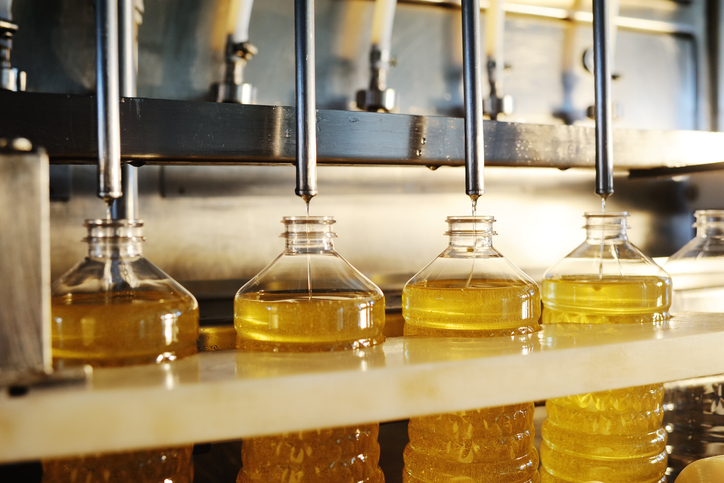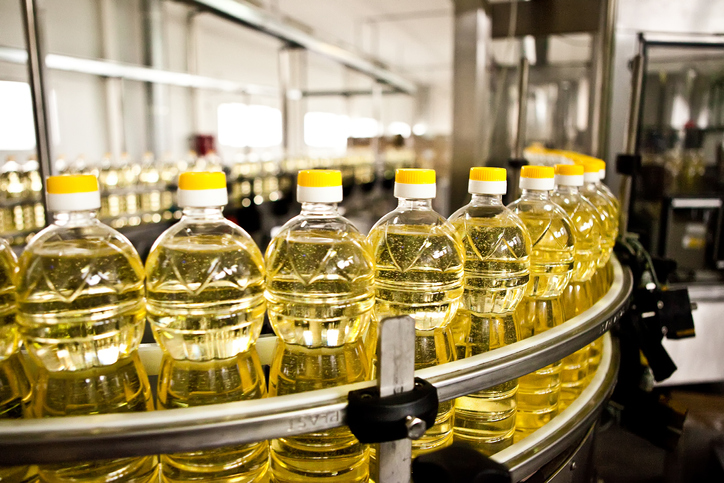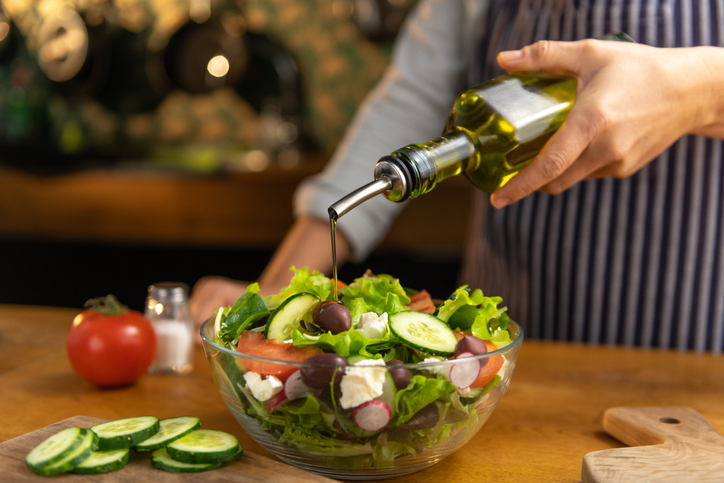Edible oils may not be the most visible part of our diet, but they can play a huge role in our nutrition and health. They typically refer to vegetable oils or fats that are extracted from seeds or fruits, containing mixtures of triglycerides. These edible oils can be used in a variety of meals and cooking processes, often used as salad dressing or in a pan frying. Examples include olive oil, canola oil, palm oil, and grape seed oil to name a few.
These oils are produced as a result of specific processing, which serves to isolate triglyceride oils and fats from its main source—typically through refining and modification processes. By doing so, oils become edible and align with market requirements for safe consumption. Oil processing typically involves mechanical and chemical extractions.
Here’s a closer look at how these processes are used to produce edible oils for nutrition and health students.
Understanding the Composition and Processing of Edible Oils
Edible oils contain various components that work together to determine the oil’s “stability,” or shelf life. These components are often a mixture of:
- various fatty acids (i.e. oleic acid, linoleic acid, linolenic acid, palmitic acid, etc.)
- anti-oxidants
- pro-oxidants
Pro-oxidants can lead to rancidity, or the development of foul odours and flavours due to oxygen exposure. The oil’s natural antioxidants help prevent this development, but they can sometimes be removed along with the pro-oxidants during the commercial processing stage.
In response, antioxidants can be added to replace those lost after the complete processing of the oil. At their core, edible oils include various components that contribute to their unique qualities. However, once they are commercially processed, they often lose many of these traits—becoming colourless, flavourless, and odourless.

Cooking oil is commercially processed with stability and shelf-life in mind
A Brief Overview of RBD Oils for Students in Nutrition and Health Training
As previously mentioned, many commercial oils lack strong and definitive colours, flavours, and odours. That is a direct result of the following specific oil processes:
- Refining
- Bleaching
- Deodorizing
The above processes produce mass-marketed “RBD oils,” which maximize the stability (and shelf-life) of the product. Examples of RBD oils include cooking oils that are easily found in stores for deep fat frying—specifically designed to withstand high temperatures for a longer period of time.
Students in nutrition and health training might be interested to know that these oils can be physically and chemically refined. Here, crude edible oil can be physically degummed (removing phospholipids) and chemically neutralized (filtering free fatty acids). Afterwards, it can be bleached to remove additional impurities (i.e. metals), often resulting in a colourless state. Finally, the oil would be deodorized, which involves steam stripping to vaporize and effectively remove volatile compounds—creating an odourless and flavourless product.

RBD oils are prepared through refining, bleaching, and deodorizing processes
Exploring the Benefits of Cold-Pressed Edible Oils
Those working towards a certificate in nutrition may know that cold-pressed oils are increasingly becoming more popular as an alternative to refined oils. In the cold-pressed process, oil is extracted from nuts or oilseeds (like sunflower and sesame seeds) through pressure by forcibly crushing these seeds in low temperatures (below 49°C). Here, bleaching and deodorizing is avoided, and dewaxing processes might occur instead—which would enhance the oil’s clarity and nutritional value. This allows the edible oil to retain its nutritional qualities as well as its original characteristics of:
- colour
- taste
- smell

Cold-pressed edible oils are increasingly popular in a variety of meals, often used as salad dressing
Cold-pressed oils are often acclaimed for their health and nutritional benefits, particularly as they contain natural antioxidants and Vitamin E—known for their anti-inflammatory and immunity boosting properties. Although many promote cooking with cold-pressed oils, it’s important to avoid large quantities and high temperatures (i.e. frying foods), as the existing unsaturated fats found in these oils can become harmful to consume in these circumstances.
Are you interested in nutrition and health programs?
Contact AAPS for more information!




